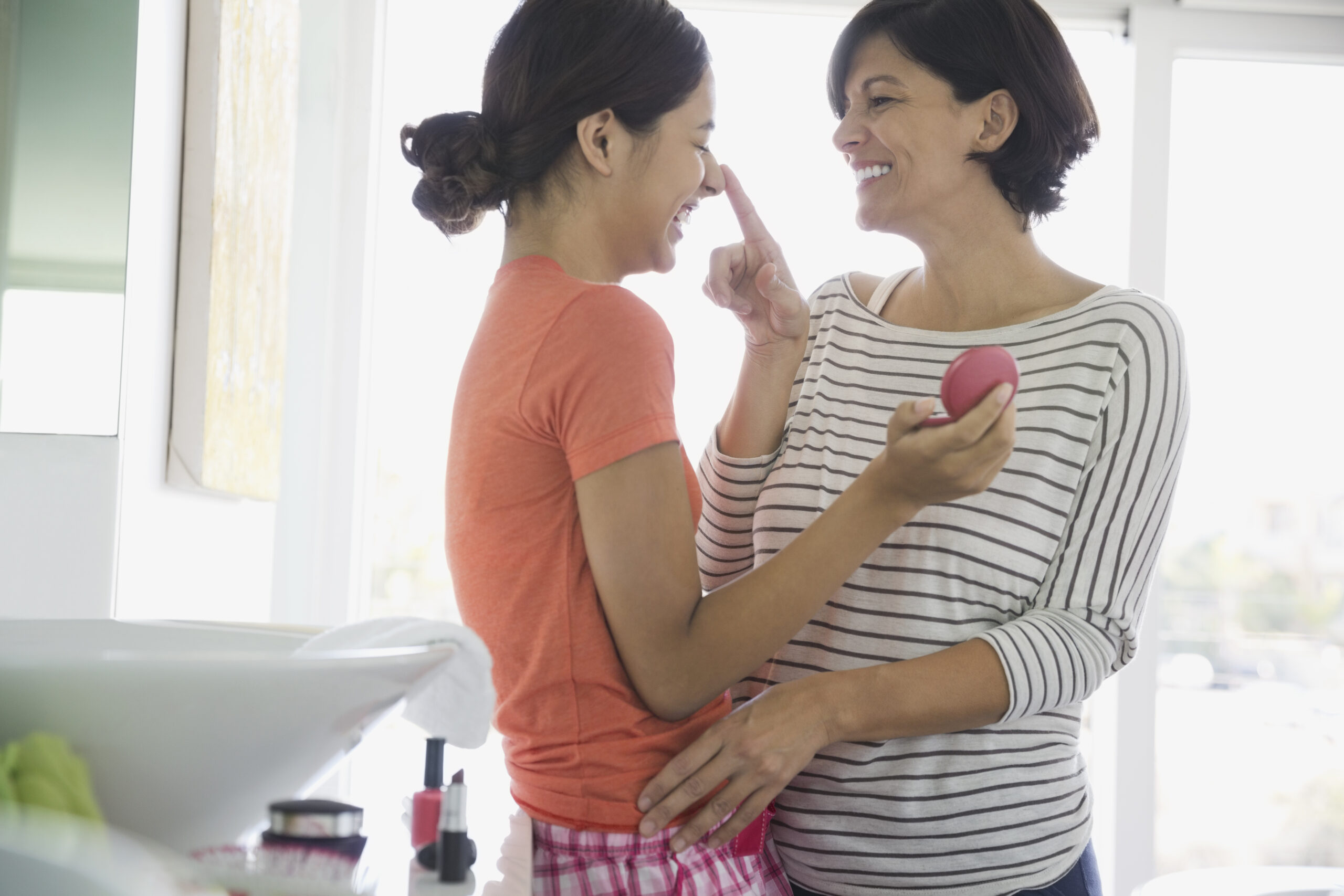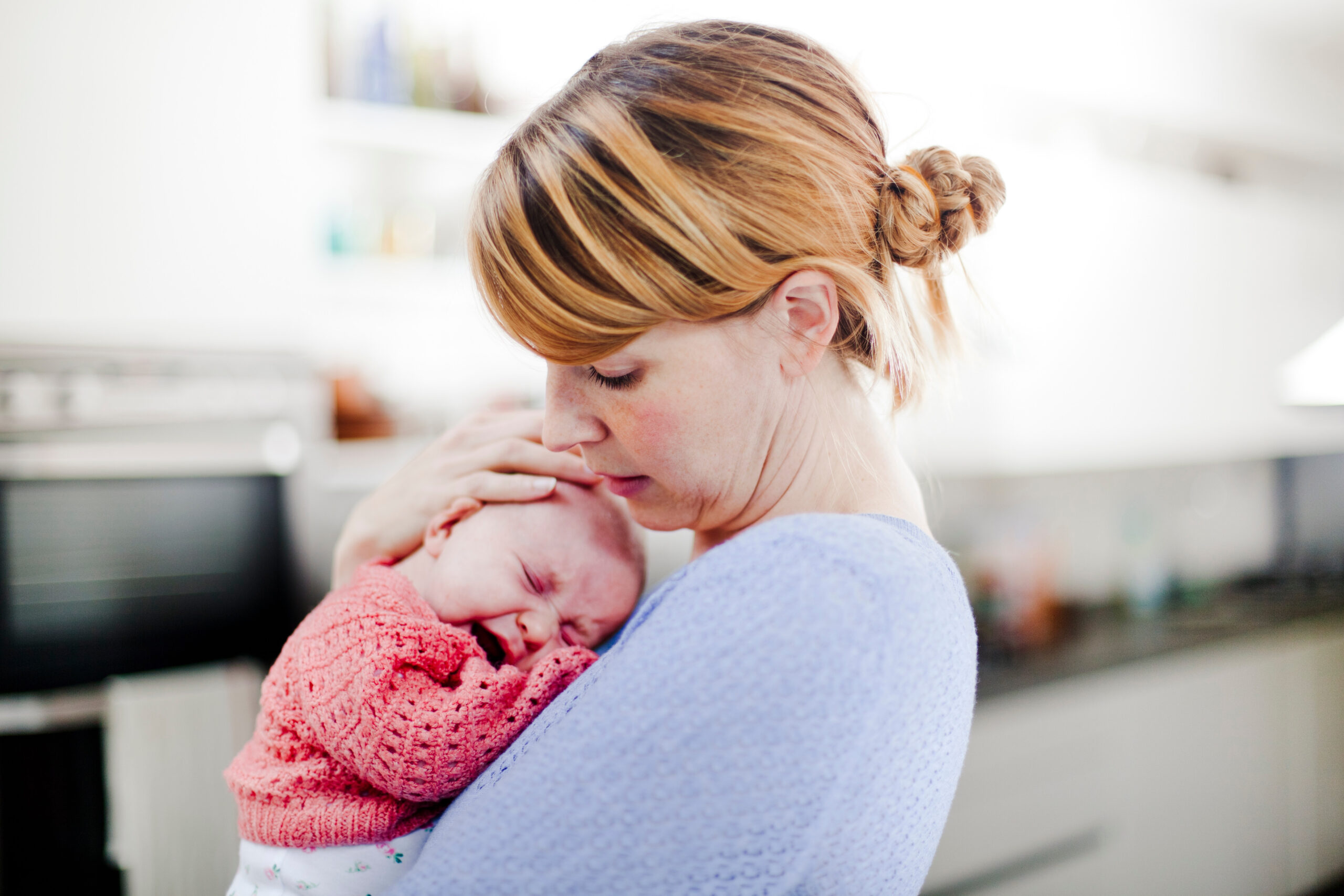An advocate for mothers with postnatal depression is excited by new research that suggests probiotics taken in pregnancy can help prevent and treat postnatal depression.
“I think it’s really valuable,” says Mothers Helpers founder Kristina Paterson.
“There’s not a lot of research that has been done on prevention, so this is really important. PND and antenatal depression has such an impact, not only on the lives of the women it affects, but also on their children and families.”
The probiotics in pregnancy study was done by researchers from the University of Auckland and Otago.
The study, which was sponsored by Fonterra, recruited 423 women in Auckland and Wellington between December 2012 and November 2014 who were all 14 to 16 weeks pregnant. One group took probiotics while the control group was given a placebo. Mothers taking the probiotics reported significantly lower depression and anxiety scores than those in the placebo group.
Lead-author Dr Rebecca Slykerman of the University’s Faculty and Health Sciences says the results are significant as taking a probiotic to assist in postnatal depression is a potentially simple way to help mothers with their mental health.
“Women are unable to access psychological therapy or are reluctant to take antidepressant medication in pregnancy or while breastfeeding.
“Furthermore it takes several weeks for the therapeutic effect of antidepressants to appear and there is a 15-30 per cent discontinuation rate. Safe and effective therapies to prevent and treat postnatal depression are needed.”

Mothers Helpers founder Kristina Paterson with her son.
It’s generally accepted that depression and anxiety in pregnancy and after birth affects 10-15 per cent of women, although Paterson, who formed Mothers Helpers eight years ago after suffering from postnatal and antenatal depression herself, claims that figure is much higher.
“Around one in five women in New Zealand experience PND and one in eight, antenatal depression.”
Paterson says, “There are a lot of gaps in treatment for perinatal depression at the moment. There are delays in diagnosis, identification and treatment of both antenatal and postnatal depression. We’ve also got early intervention centres that are not well funded; it’s very hard to find funded counselling.
“Mothers Helpers recently did a survey where 92 per cent of women we surveyed with PND wanted counselling but 69 per cent couldn’t afford it.
“So this new research potentially has quite an impact. It’s an affordable option and it’s a natural option.”
Dr Slykerman has cautioned: “The results must be replicated before recommending all pregnant women take probiotics.”
Paterson believes an independent study would definitely be worthwhile funding.
Postnatal depression warning signs
If you’ve suffered from depression before, or there is a history of mental illness in your family, you are more at risk of experiencing PND. You are also more at risk if you go through significant stress or loss during pregnancy or after your child is born – but PND can affect anybody.
“You can have all the risk factors and not get PND and none of the risk factors and still get PND,” says Paterson. “Sometimes those mothers [with few risk factors] can feel even worse because they feel like they ‘don’t have any reason’ to be feeling low.”
If you experience some or any of these signs/symptoms, contact Mothers Helpers or speak to your Lead Maternity Carer (LMC) or GP – and ask about the Edinburgh Postnatal Depression Scale:
• Persistent low mood
• Tearfulness
• Agitated/irritable/angry
• Difficulty getting to sleep or sleeping too much
• Waking up a few hours before you’re due to wake up and unable to get back to sleep
• Negative thoughts
• Low self-esteem
• Loss of appetite or increased appetite
• Loss of interest in the things you used to be interested in
• Low energy
• Low motivation
-scaled.jpg)

